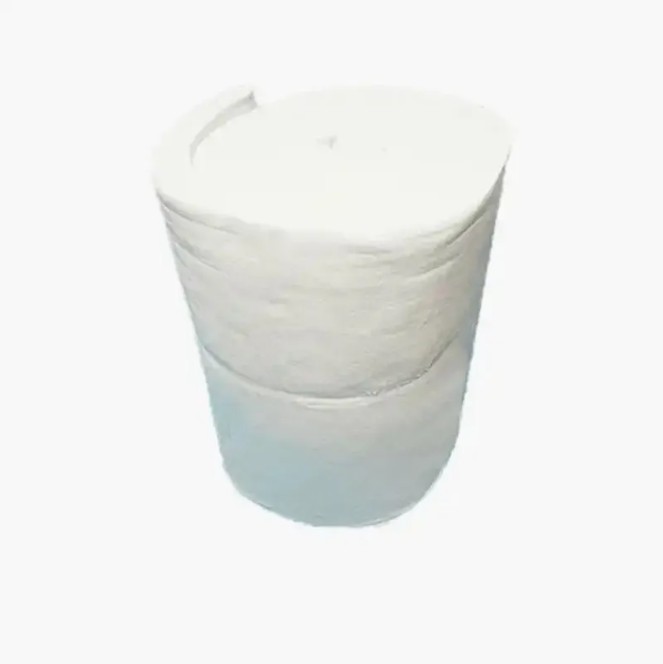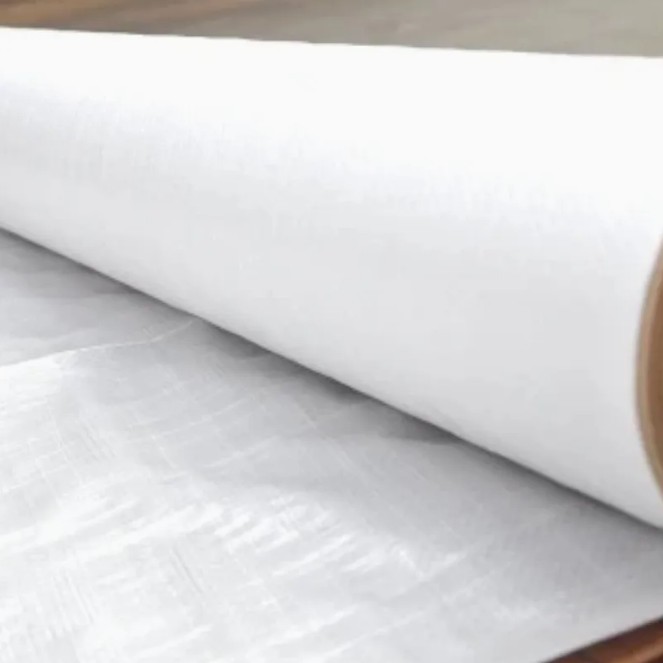Welcome!
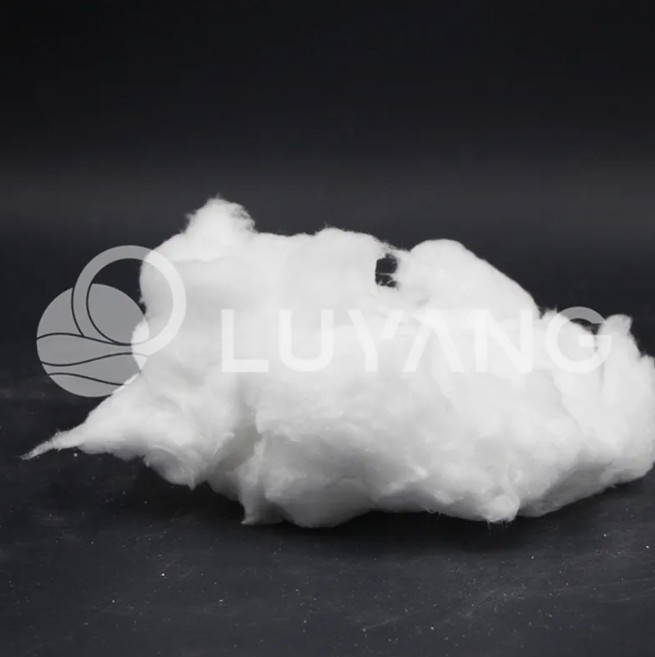

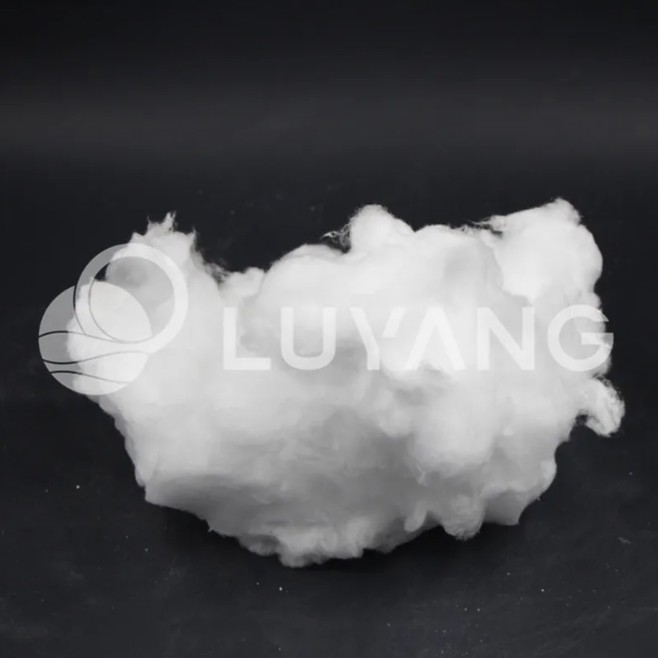
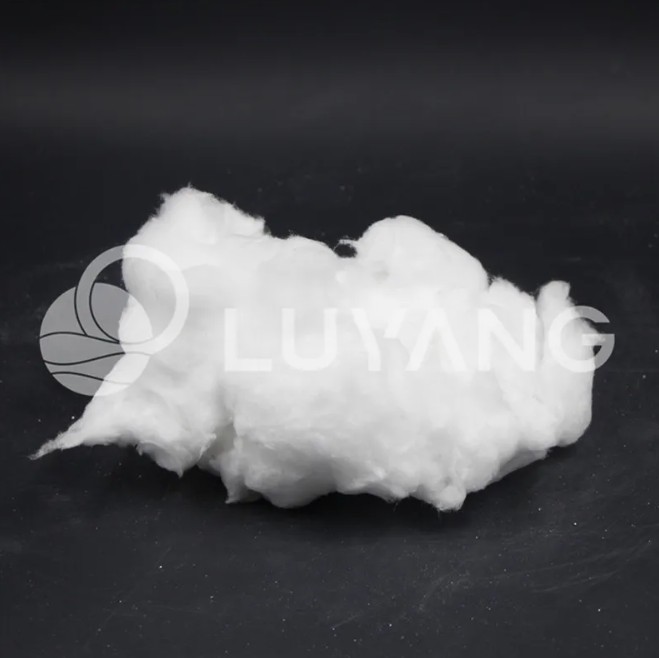
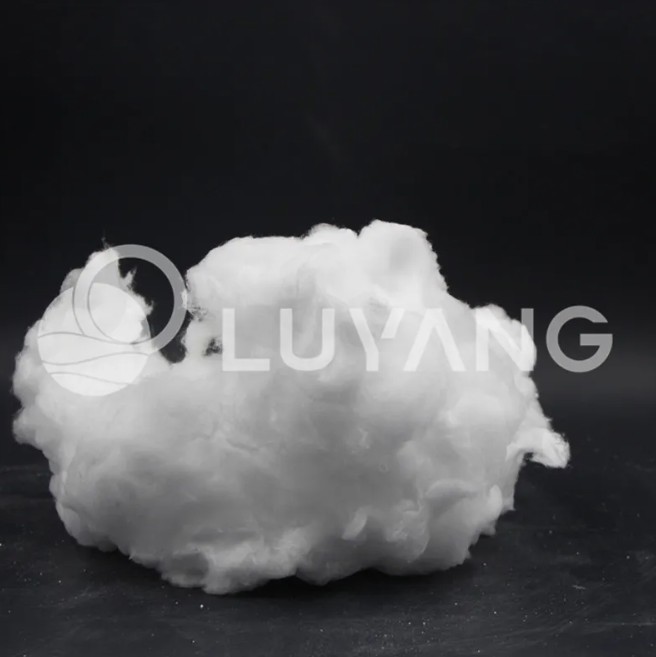
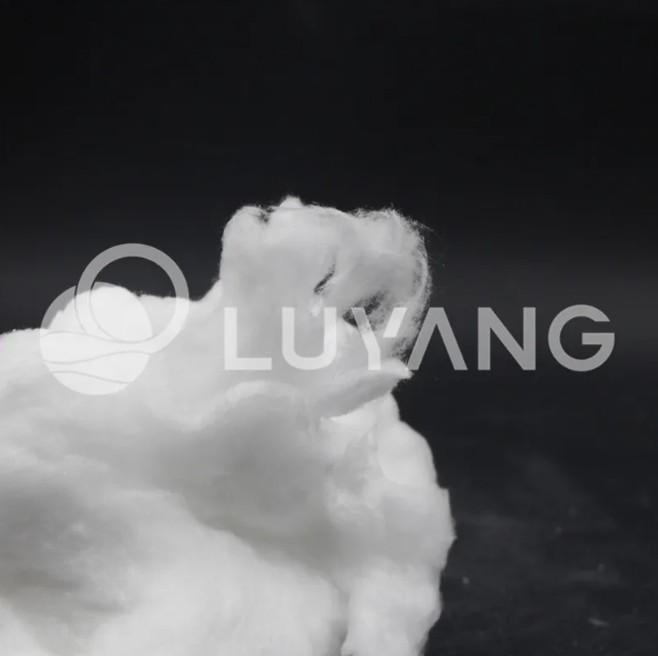
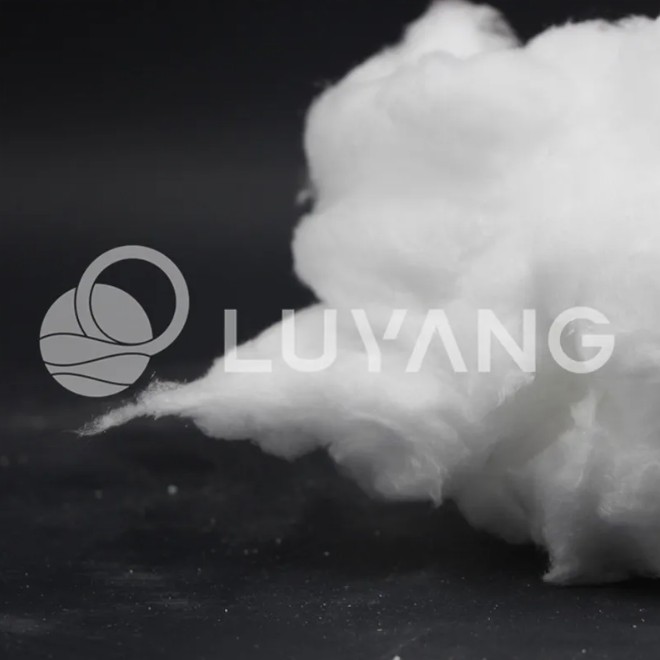
Ceramic Fiber Materials: Superior High-Temperature Insulation Solutions
Basic Info
| Chemical Composition | SiO2, Al2O3.SiO2, Al2O3 | HS Code | 68061010 | Kind | High Purity Ceramic Fiber |
|---|---|---|---|---|---|
| Model NO. | LUYANGWOOL&CERAMIC FIBER BULK | Origin | China | Production Capacity | 100000ton/Year |
| Shape | Ceramic Fiber Cotton | Specification | LUYANGWOOL&CERAMIC FIBER BULK / Refractory Ceramic | Trademark | LUYANG |
| Transport Package | Cartons or Bags | ||||
Product Description
Product Introduction
Ceramic fiber materials are advanced and lightweight refractory insulation products engineered for extreme thermal environments. Primarily composed of high-purity alumina-silica blends, these materials are manufactured through a melting and fiberizing process, resulting in a flexible and low-density structure. Available in various forms such as bulk fibers, blankets (felts), boards, modules, papers, and textiles, ceramic fiber materials offer unparalleled versatility for high-temperature applications. Their defining characteristic is the exceptional ability to withstand continuous operating temperatures typically ranging from 1260°C (2300°F) to 1600°C (2912°F), depending on the specific formulation (e.g., standard, high-purity, zirconia-enhanced).
These materials function by creating an effective thermal barrier, significantly reducing heat transfer through conduction and convection within their intricate fibrous matrix. The inherent flexibility of many ceramic fiber products allows for easy installation around complex geometries and within tight spaces where rigid insulation is impractical.


Product Advantages
1. Exceptional High-Temperature Performance: The core strength lies in their ability to operate reliably and maintain structural integrity in continuous service at temperatures far exceeding those tolerated by conventional insulation, minimizing heat loss and protecting underlying structures.
2. Low Thermal Conductivity: Ceramic fibers exhibit extremely low thermal conductivity, making them highly efficient insulators. This drastically reduces heat transfer, leading to significant energy savings and improved process temperature control.
3. Low Heat Storage (Thermal Mass): Due to their very low density, ceramic fiber materials absorb and store minimal heat. This enables faster heat-up and cool-down cycles in furnaces and ovens, increasing process efficiency and productivity.
4. Excellent Thermal Shock Resistance: These materials are highly resistant to damage from rapid temperature changes, cracking, or spalling, ensuring long-term performance stability in cyclical heating applications.
5. Chemical Stability: Ceramic fibers offer good resistance to attack by many chemicals (except strong alkalis and hydrofluoric acid) and are unaffected by most solvents, oils, and water vapor, contributing to longevity in harsh industrial environments.
6. Lightweight: Significantly lighter than traditional brick or monolithic refractories, ceramic fiber materials reduce the structural load on furnaces, kilns, and equipment, simplifying support structures and installation.
7. Flexibility & Conformability (Blankets/Modules): Flexible forms (blankets, ropes, modules) can be easily cut, shaped, and installed to fit complex contours and provide seamless insulation coverage, minimizing heat leaks at joints.
8. Mechanical Resilience (Boards/Modules): Rigidized boards and pre-fabricated modules provide good handling strength, surface durability, and resistance to moderate airflow erosion.
9. Energy Efficiency & Cost Savings: The combination of low thermal conductivity and low heat storage directly translates into reduced fuel or energy consumption, lowering operational costs and environmental impact.
10. Improved Safety: By maintaining lower external surface temperatures on hot equipment, ceramic fiber insulation enhances workplace safety and reduces the risk of burns.
11. Versatility: Available in numerous forms and grades tailored to specific temperature ranges and application requirements (from loose fill to rigid boards to woven textiles).
12. Sound Absorption: The fibrous structure provides good acoustic insulation properties, helping to dampen noise from high-temperature equipment.
Ceramic fiber materials represent a critical solution for industries demanding efficient, reliable, and safe thermal management in the most demanding high-heat processes, offering tangible benefits in performance, energy savings, and operational flexibility.


About Us
Luyang Energy-Saving Materials Co., Ltd. is a leading manufacturer dedicated to developing, producing, and supplying high-performance thermal insulation and energy-saving solutions for diverse construction and industrial applications worldwide. Leveraging advanced material science and rigorous quality control, the company offers a comprehensive portfolio of innovative products designed to significantly reduce energy consumption, lower carbon emissions, enhance building efficiency, and provide sustainable economic benefits to its global clientele.


Recommended Products
Recently Viewed
 Ceramic Fiber Materials: Superior High-Temperature Insulation Solutions
Ceramic Fiber Materials: Superior High-Temperature Insulation Solutions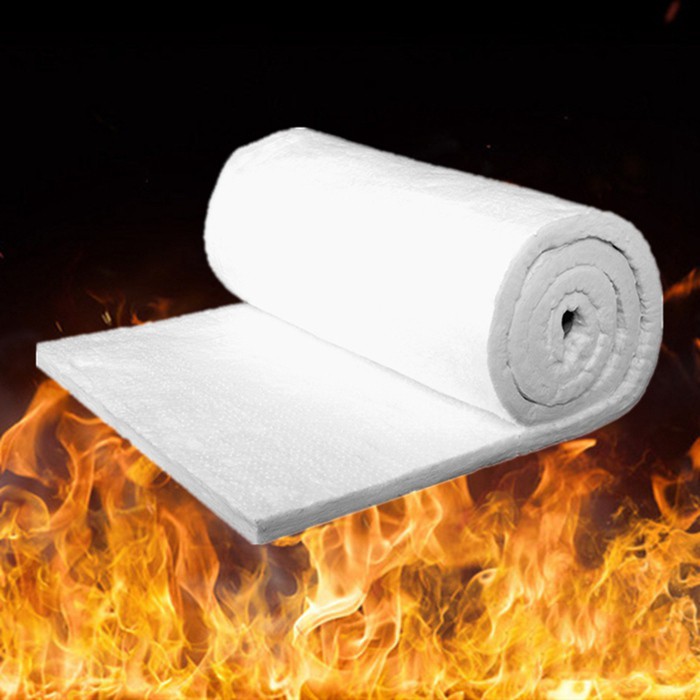 The manufacturer wholesales high-temperature insulation ceramic fiber blankets
The manufacturer wholesales high-temperature insulation ceramic fiber blankets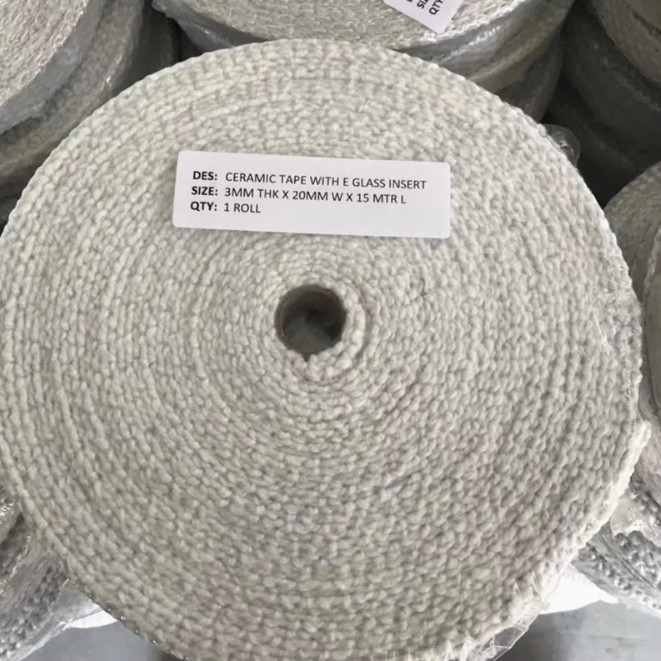 Ceramic Fiber Materials: Powering Efficiency in Extreme Heat Environments
Ceramic Fiber Materials: Powering Efficiency in Extreme Heat Environments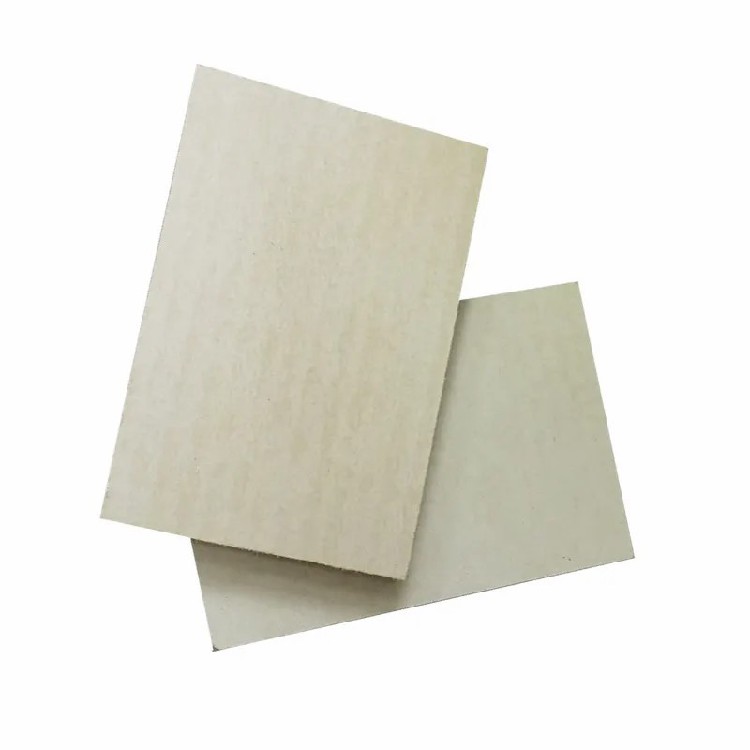 High-quality fireproof calcium silicate boards are used for fire protection pipelines
High-quality fireproof calcium silicate boards are used for fire protection pipelines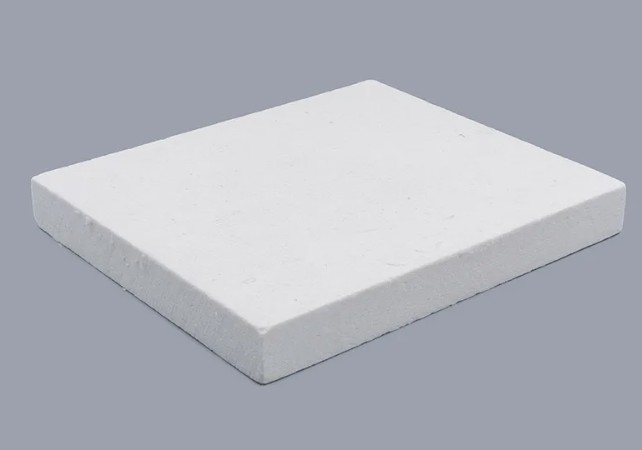 Ceramic Fiber Materials: Engineered for Extreme Heat Management
Ceramic Fiber Materials: Engineered for Extreme Heat Management
Contact Us
Luyang Energy-Saving Materials Co., Ltd.







